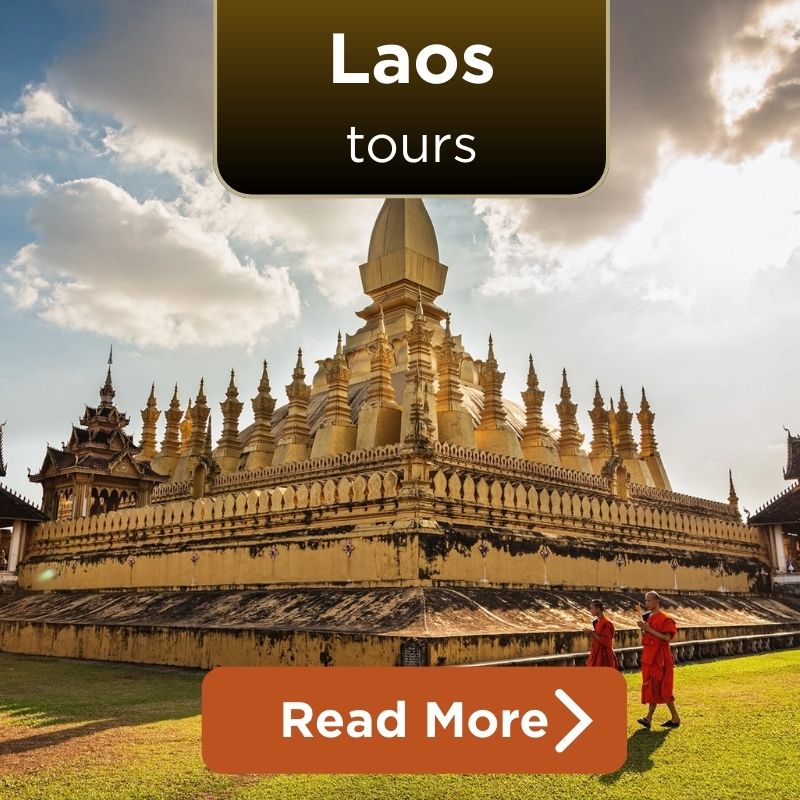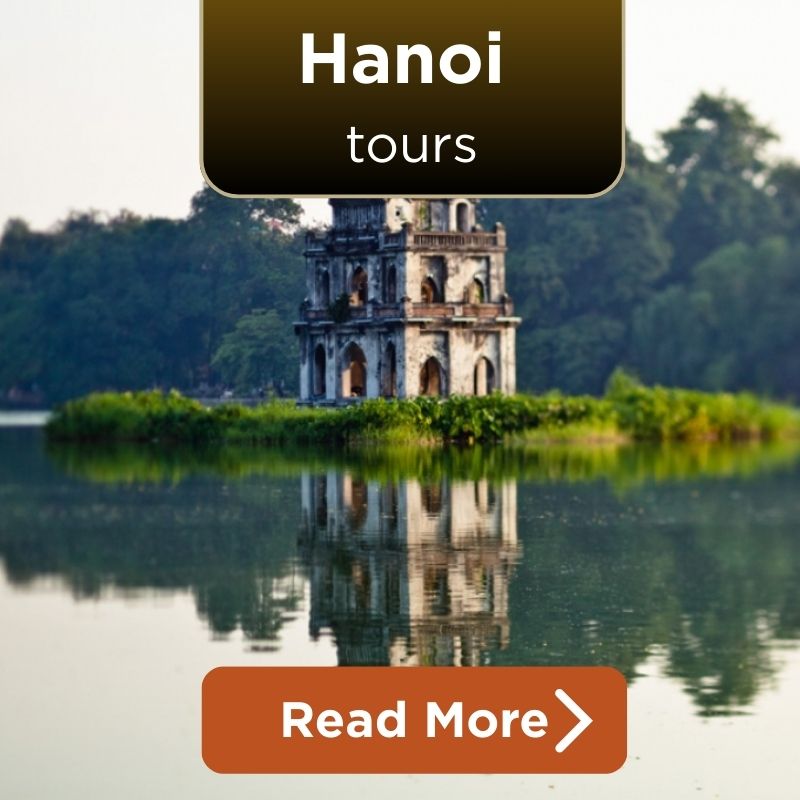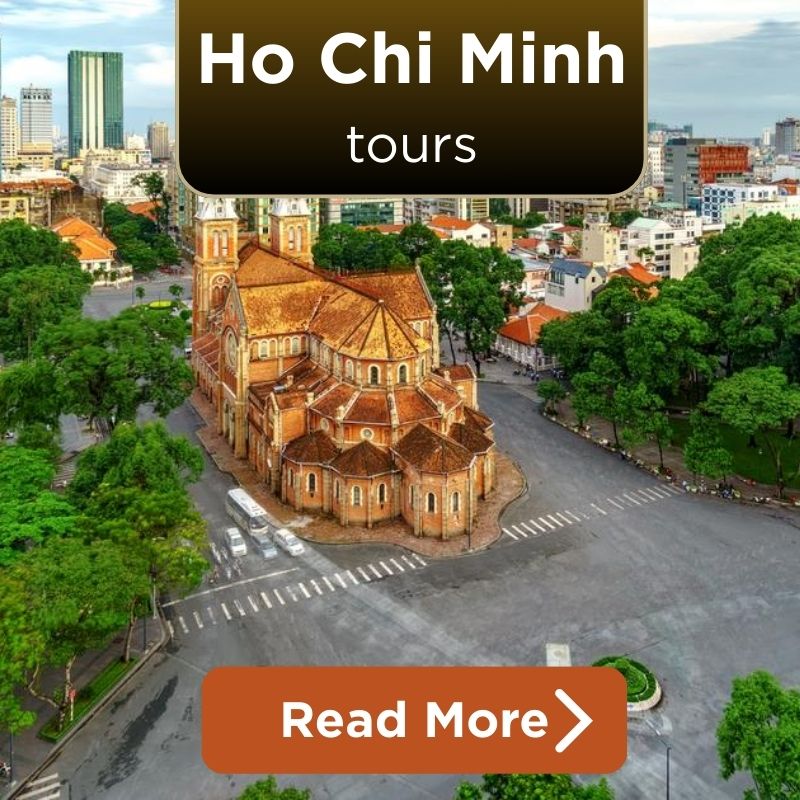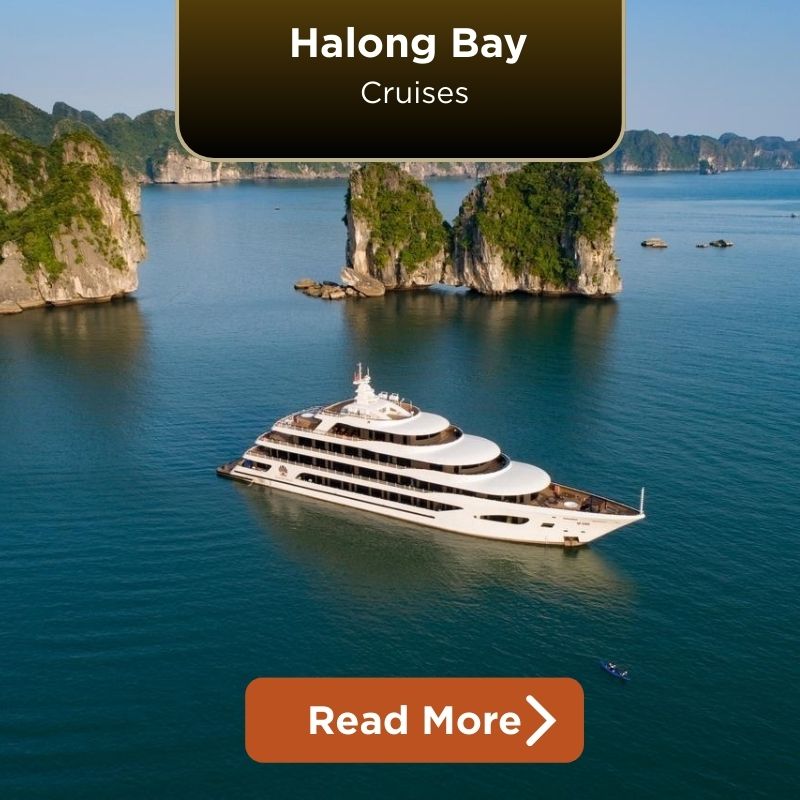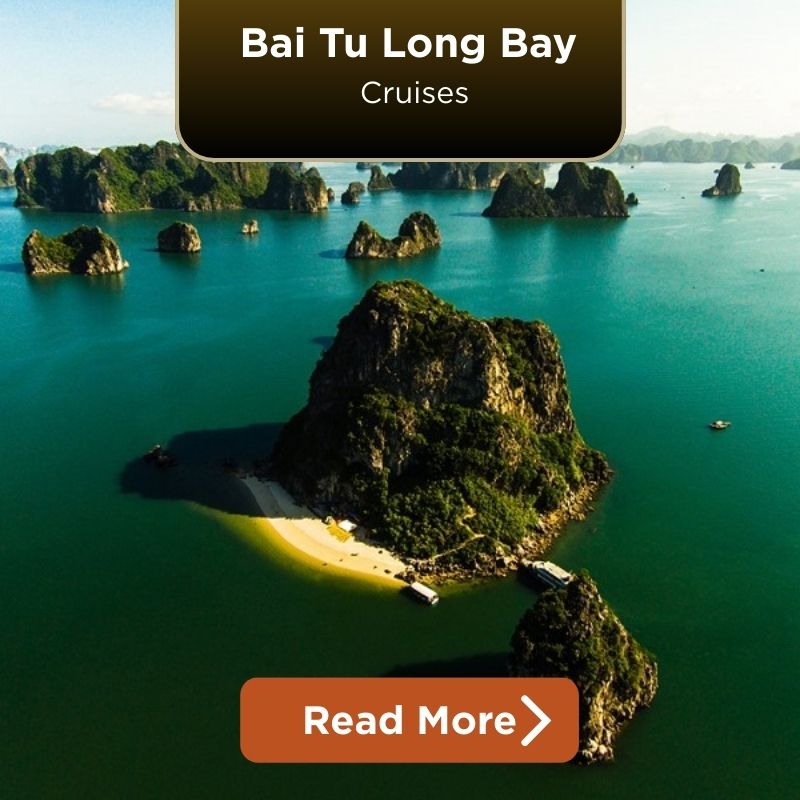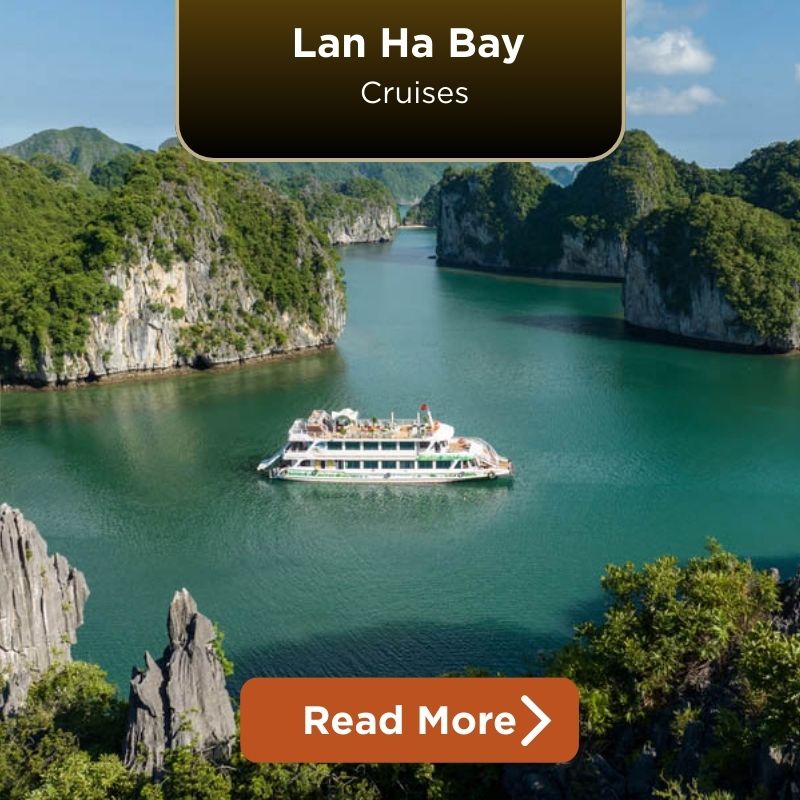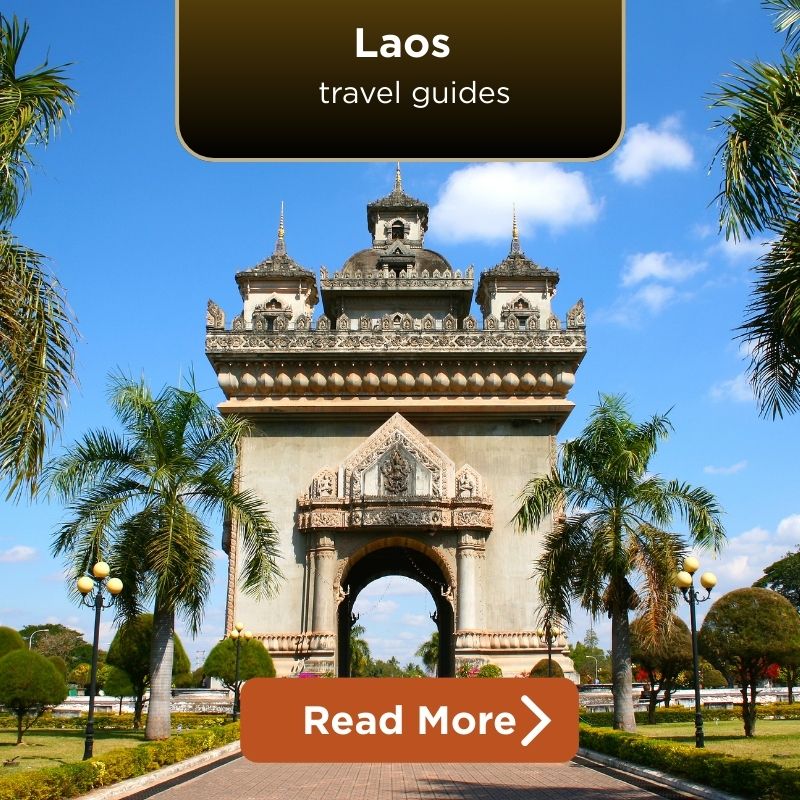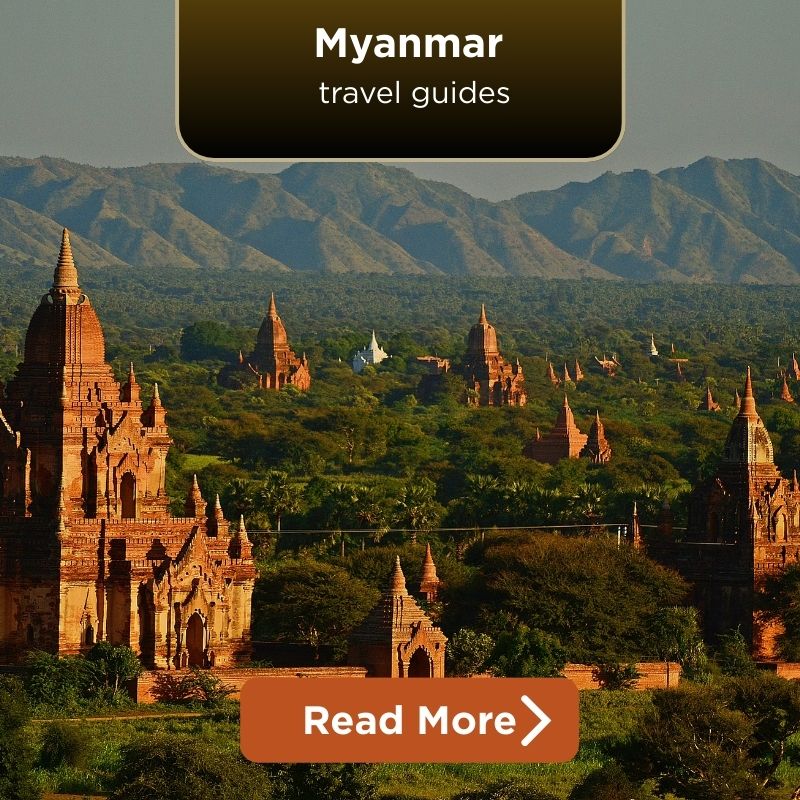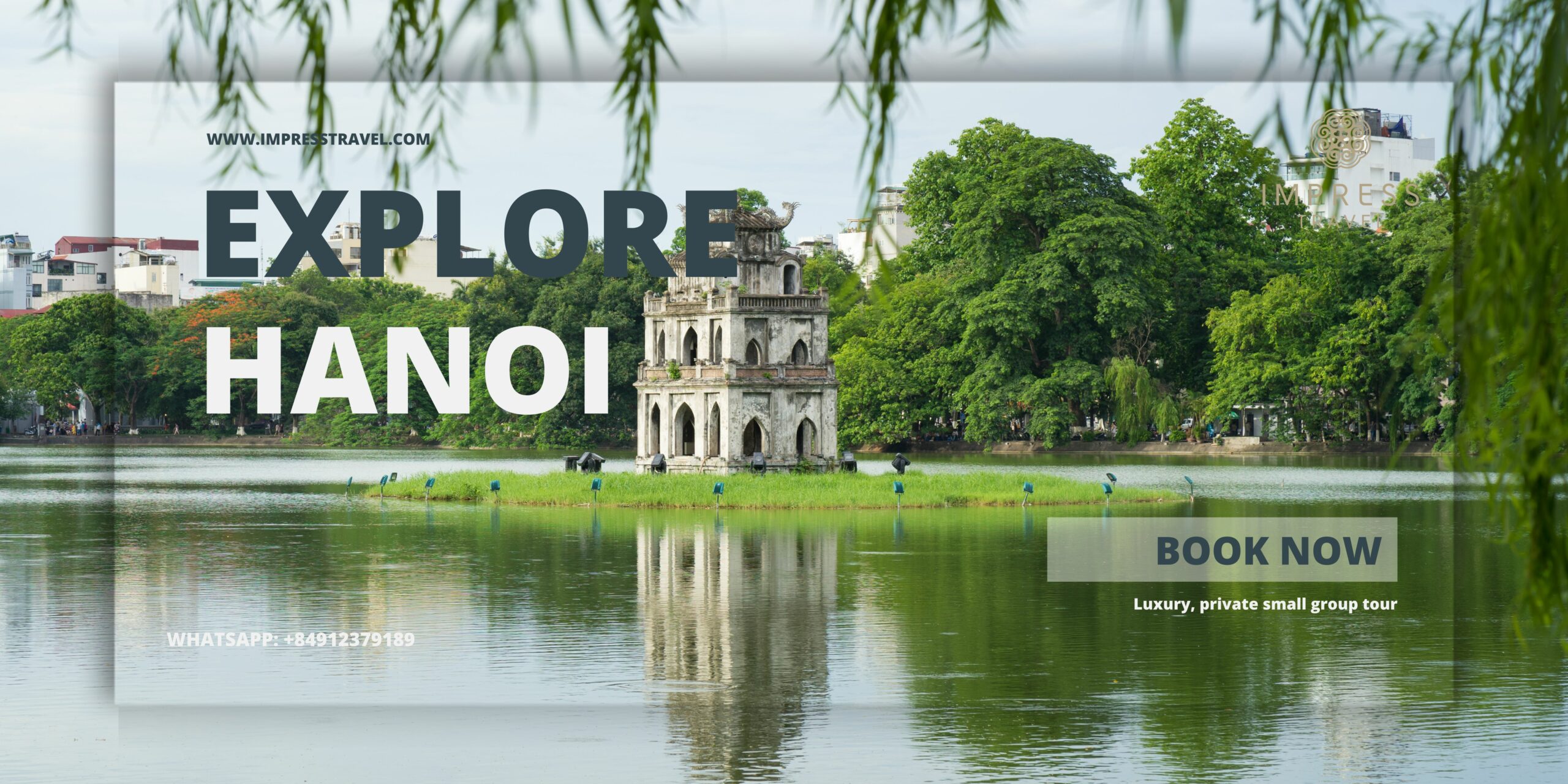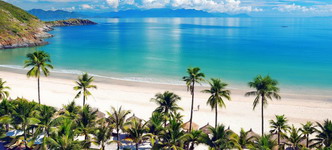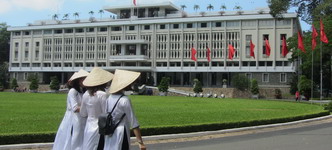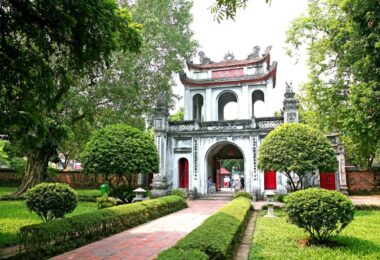1. City Vibe & Daily Rhythm
Hanoi
Pros:
- Traditional and historic atmosphere: Hanoi is infused with Vietnamese heritage. Take a walk about Hoan Kiem Lake and you become surrounded by elderly locals practicing tai chi, students posing for graduation photos in traditional ao dai, and couples having tea on rock benches.
- Architectural charm: The central part of the city still maintains its French colonial design: tree-lined boulevards, yellow-painted houses, moss-covered temples, and the legendary Old Quarter, 36 streets named after bygone trades that form an intricate maze.
- Ideal for cultural immersion: From temples such as Ngoc Son Temple to such locations as the Temple of Literature, Hanoi is ideal for achieving an inside look into Vietnam’s Confucian origins.
Cons:
- Reserved social culture: Vietnamese people are reserved and polite but tend to be cold at times. You might not be invited inside or befriend the locals unless you happen to be Vietnamese-speaking.
- Quieter nightlife: The cafés and bars close no later than 11 PM. The most lively parts (such as Ta Hien Street) tend to be small and full of tourists, not locals.
Example Itinerary: Begin your day at Giang Café with an egg coffee (35,000 VND) and stroll to Ho Chi Minh Mausoleum, and follow that up by taking advantage of a complimentary walking tour of the Old Quarter operated by Hanoi Kids. Cap off your evening at Ta Hien beer street on a 10,000 VND glass of fresh beer.
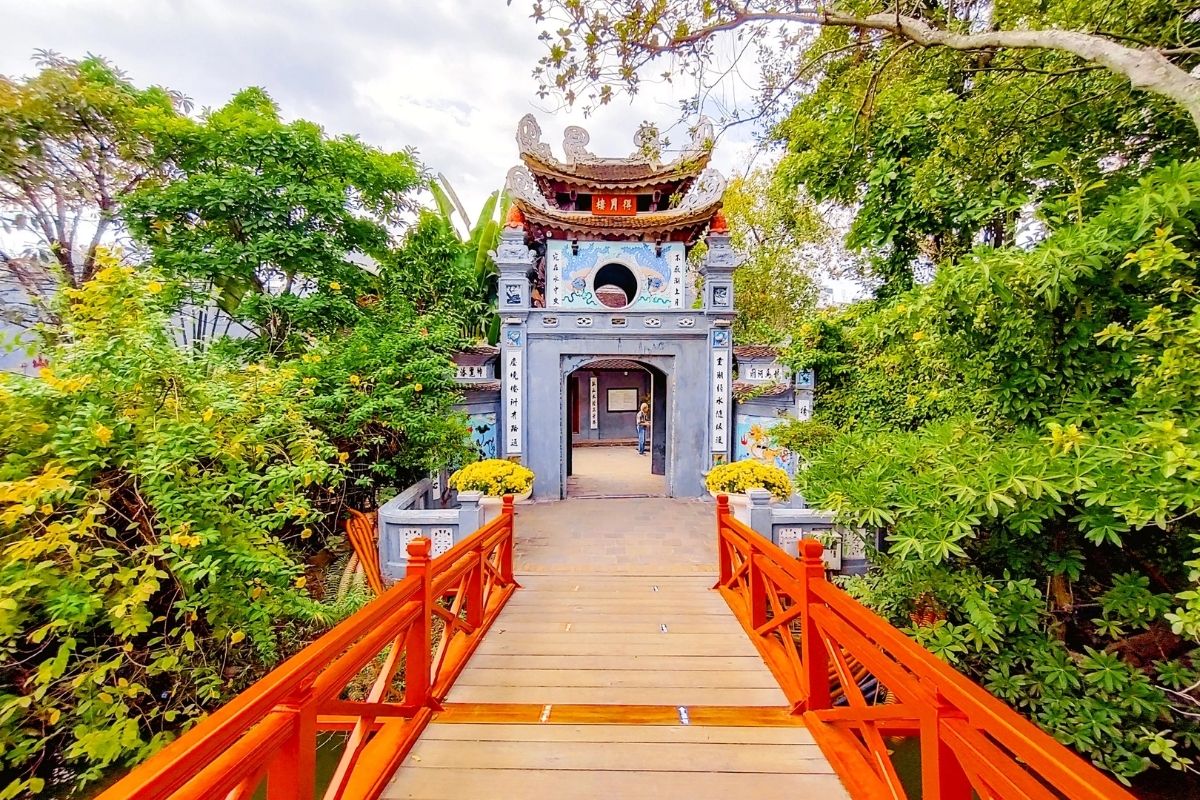
Ngoc Son Temple (Source: justfly)
Ho Chi Minh City
Pros:
- Energetic and modern: This is Vietnam’s engine of growth, where everyone appears to be moving quickly. The youth whizz past on motorbikes, corporate deals get struck in trendy cafes, and startups emerge in coworking spaces like Toong and The Hive.
- 24/7 lifestyle: Whether it’s 2 PM or 2 AM, you’ll find something open. From rooftop cocktail bars in District 1 to 24-hour convenience stores like Circle K, this is one city that never sleeps.
- Friendly and open locals: Ho Chi Minh City residents are described as relaxed and welcoming. They are willing to engage in conversation merely to exercise their command of English or to provide directions.
Cons:
- Chaotic pace: Newcomers become drained by constant traffic sounds, building, and heat.
- Urban sprawl: The city is considerably larger than Hanoi, and to get from one district to another (such as from District 2’s Thao Dien to District 7) can be up to 30-60 minutes by motorbike.
How to Get Around: From the airport or the station bus Ho Chi Minh ride bus 109 to District 1 for 20,000 VND, or GrabCar for 180,000-250,000 VND. GrabBike is the main game in town (20,000-40,000 VND/ride), or you can simply rent a scooter for approximately ~150,000 VND/day.
Example Itinerary: Have breakfast at Grab a banh mi Huynh Hoa (65,000 VND), go to the War Remnants Museum, relax at sunset with a drink at Chill Sky Bar, and listen to live music at Yoko Café until midnight.
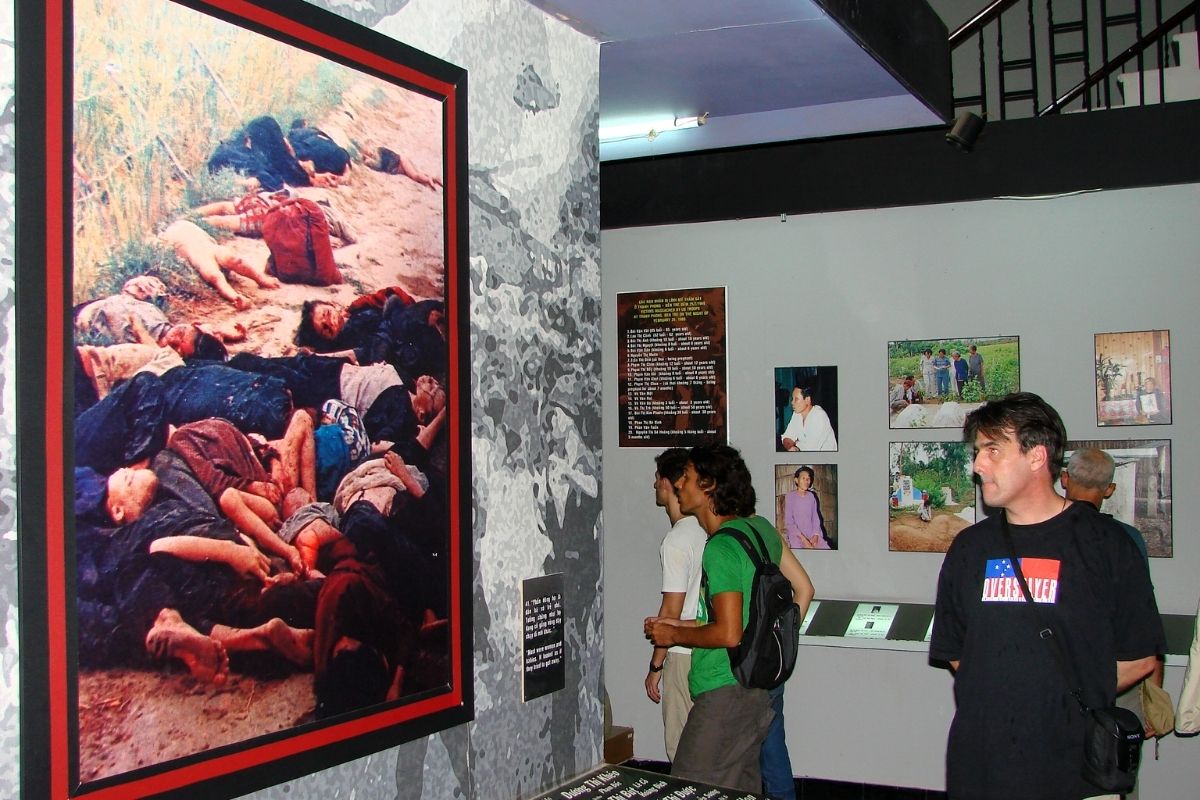
War Remnants Museum (Source: wikipedia)
2. Weather & Air Quality
One of the most tangible differences between Ho Chi Minh and Hanoi and one that touches what you pack, when you go, and what you feel like walking outside.
Hanoi
Pros:
- Four true seasons: Spring is floral and cool, summer is rainy and hot, autumn is golden and crisp, and winter is dry and cold.
- Best months: September to November is the best time, imagine clear blue skies, crisp air (around 24°C) and golden trees surrounding West Lake.
Cons:
- Winter is cold and damp: The temperature is as low as 14°C, and air is humid. Heating is not supplied to most houses, and public transport is not warm.
- High pollution levels: In winter, AQI is generally above 150-180. Visibility is reduced, and asthmatics and allergy sufferers experience discomfort.
Example: In January, bring a jacket, scarf, and closed shoes. Locals also wear gloves and caps. Walking tours outdoors are preferable at noon when sunshine penetrates.
Ho Chi Minh City
Pros:
- Warm all year: Temperatures range from 27-33°C with minimal variation.
- Best months: December to April (dry season) little rain, decreased humidity, excellent for outdoor activities and strolls in the city.
Cons:
- Rainy season (May-October): Short, heavy afternoon showers are typical. Districts 3 or 10 streets might briefly flood.
- Consistent humidity: Even at evening time, outdoor walking can be sweaty and uncomfortable due to the “sticky heat."
Pro Tip: Carry a collapsible umbrella or lightweight poncho. If it’s nighttime, steer clear of puddle-filled alleys; they tend to conceal potholes.
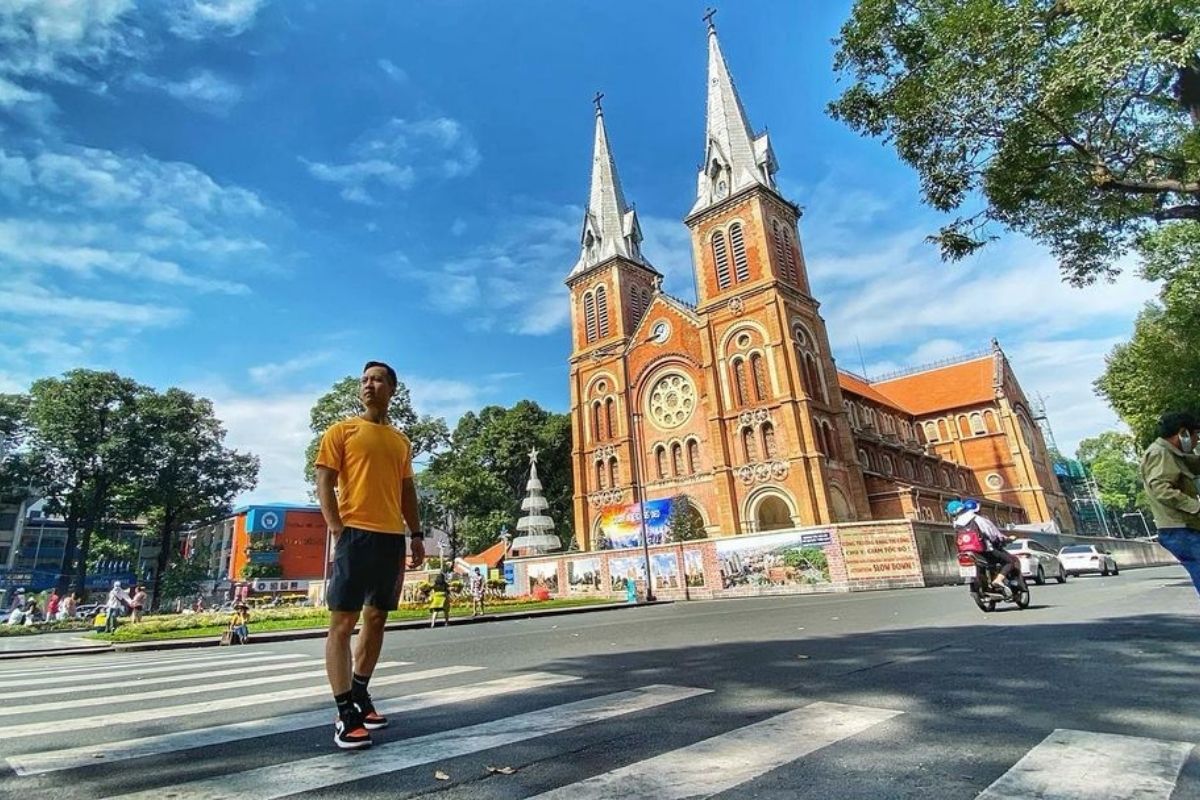
The weather in Ho Chi Minh (Source: vietgiaitri)
3. Cost of Living & Affordability
The difference between Ho Chi Minh and Hanoi is most significant for digital nomads, extended stay travelers, and budget travelers.
Hanoi
Pros:
- Cheaper accommodation: Dorm beds starting at 150,000 VND/night and private rooms at 300,000 VND close to the Old Quarter.
- Affordable food.
- Pho Thin (Lo Duc): 50,000 VND
- Bun Cha Dac Kim: 60,000-70,000 VND
- Local beer (bia hoi): 10,000-15,000 VND/cup
- Public transport: Local buses: 7,000-9,000 VND/ride – Scooter rental: 120,000-150,000 VND/day.
Cons:
- Less variety in high-end dining and entertainment: If you prefer to dine in luxury, you have less to choose from compared to Saigon.
Ho Chi Minh City
Pros:
- More choices across all price ranges: You can have street food for 30,000 VND or fine dining at Anan Saigon (Michelin-starred tasting menu ~1,600,000 VND).
- International lifestyle: District 1 or 2 high-end apartments feature gyms, swimming pools, and added security, perfect for expats
- Modern transport options: Grab, Be, Gojek, and shortly Metro Line 1 (planned 2025).
Cons:
- Daily cost is 20-30% higher: Local food can even cost more:
- Banh Mi Huynh Hoa: 65,000 VND
- Cocktail at Chill Sky Bar: 200,000-350,000 VND
- Housing prices vary wildly by district: A one-bedroom flat in District 1 may be priced 12-20 million VND/month, higher than in Hanoi.
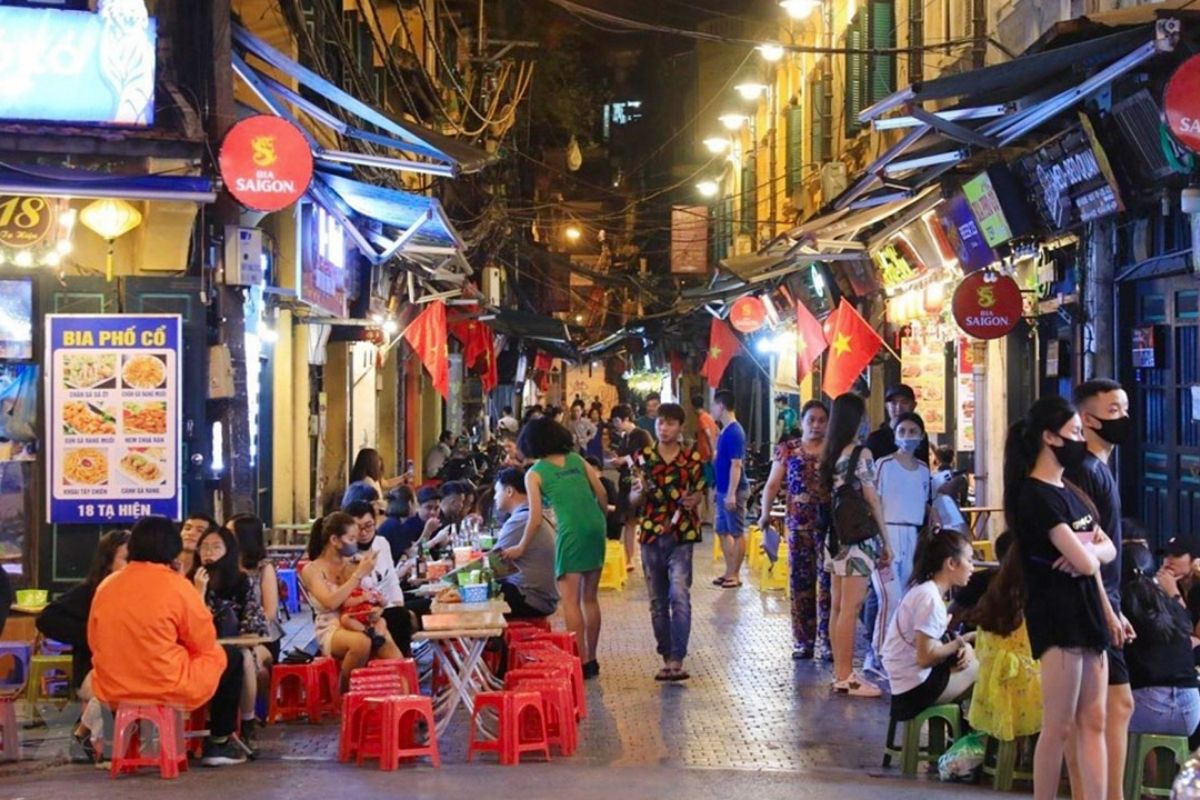
Cost of Living (Source: duongsrestaurant)
4. History & Culture
One of the most striking differences between Ho Chi Minh and Hanoi is the way that each maintains and presents its history.
Hanoi
Pros:
- More than 1,000 years of history as Vietnam’s capital.
- Rich in cultural values and tradition, Confucianism, and heritage.
- Home to such iconic historical landmarks as the Temple of Literature, Ho Chi Minh Mausoleum, and Hoan Kiem Lake, all emblematic of Vietnamese heritage.
Cons:
- Most of these historical locations center on ancient and feudal times, which might be repetitive if you prefer more contemporary history.
- Some museums might not have an English explanation or updated presentation methodologies.
Example: Walk through Imperial Citadel of Thang Long, which is one of Vietnam’s UNESCO World Cultural Heritage Sites. Admission is 30,000 VND. Next, go to Vietnam Museum of Ethnology to learn about 54 ethnic groups in Vietnam admission: 40,000 VND.
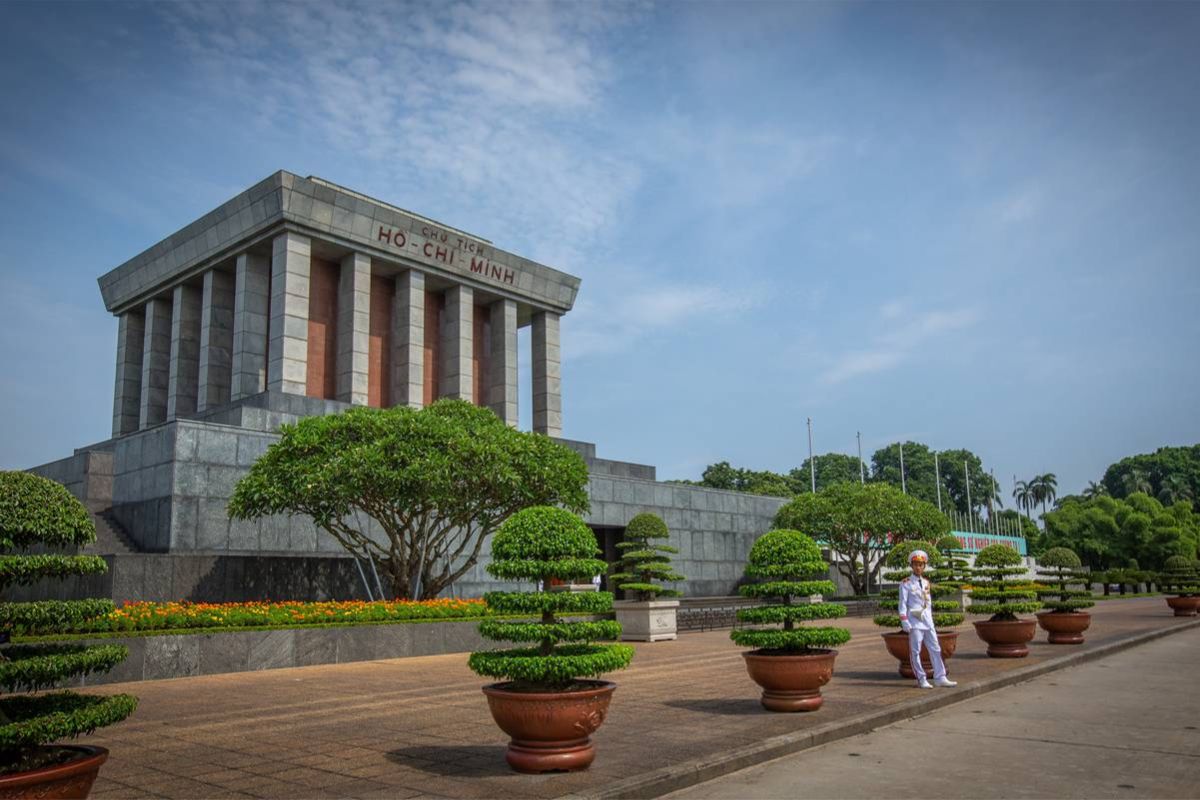
Ho Chi Minh Mausoleum (Source: localvietnam)
Ho Chi Minh City
Pros:
- Showcases modern Vietnamese history, particularly the Vietnam War years.
- Places like the War Remnants Museum, the Reunification Palace, and the Cu Chi Tunnel provide an emotionally charged, immersive experience.
- Existing strong French colonial buildings include Notre Dame Cathedral and the Central Post Office.
Cons:
- Emphasizes relatively recent history, with fewer spiritual or ancient monuments
- A few (such as Cu Chi) are beyond the metropolis and involve half-day excursions.
Example: Go to the Cu Chi Tunnel (90 minutes outside of the city, ~400,000 VND with an accompanying guide). Tour the War Remnants Museum for only 40,000 VND and wonder at the Notre Dame Cathedral, centrally located in District 1.
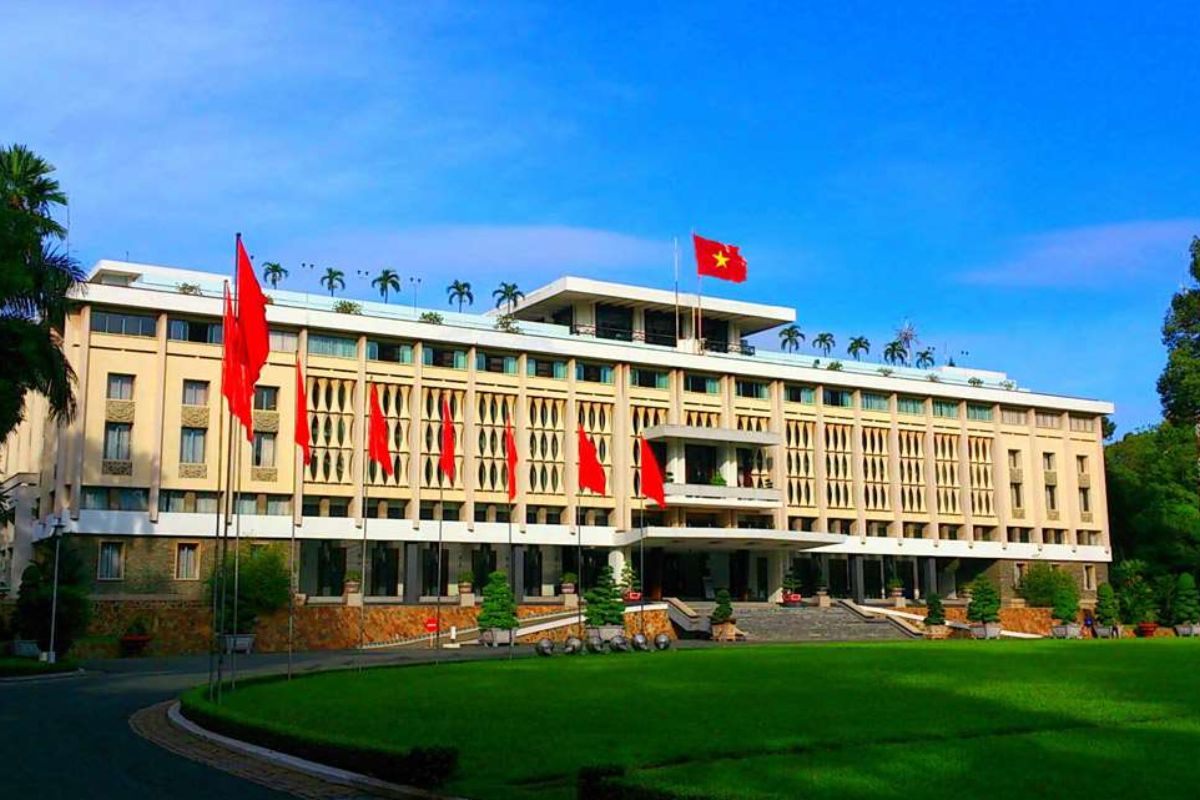
Reunification Palace (Source: independencepalace)
5. Food & Culinary Scene
Ah, food is one of the most mouthwatering difference between Ho Chi Minh and Hanoi. Both cities are food giants, but with altogether different styles.
Hanoi
Pros:
- Renowned for its classic, balanced, and traditional Vietnamese flavors
- Birthplace of such well-known dishes as:
- Pho Thin Lo Duc: Beef noodle soup (stir-fried) (50,000
- Bun Cha Dac Kim: Grilled pork served with noodles (60,000 VND).
- Pho Cuon Ngu Xa: Rice noodle rolls filled with fresh beef (40,000 VND).
Cons:
- Fewer options of international or modern food fusions
- Some travellers consider northern flavor to be too mild or subtle.
Example: Sit on one of the plastic stools in Ta Hien Street, slurp down a bowl of hot pho while observing locals whizzing by on two-wheelers. Meals range from 30,000 to 70,000 VND.
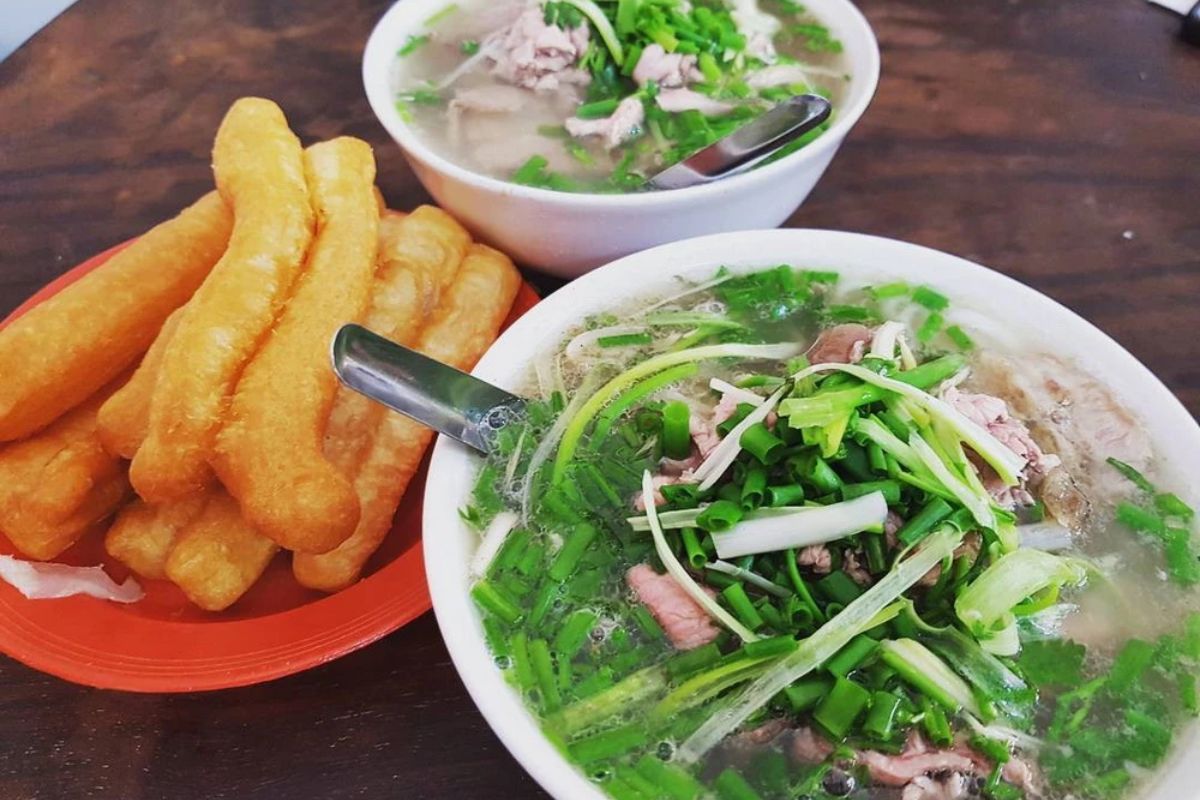
Pho Thin Lo Duc (Source: Pho Thin Lo Duc)
Ho Chi Minh City
Pros:
- The culinary hub of Vietnam, it is famous for diversity and ingenuity.
- Blends dishes of each of these three regions and includes international ingredients.
- Banh Mi Huynh Hoa: Legendary meat-stuffed baguette (65,000 VND).
- Com Tam Cali: Grilled pork, egg, and pickle broken rice (60,000-90,000 VND)
- District 1 has trendy restaurants that serve Korean BBQ, Japanese sushi, or Italian pasta.
Cons:
- It can be overwhelming – so many choices, not all genuine.
- Street food is slightly more expensive than in Hanoi.
Example:
Eat at Anan Saigon, Vietnam’s very first Michelin-starred fusion restaurant — 1,200,000 VND for tasting menus. Or street tacos at Ben Thanh Night Market for 50,000 VND.
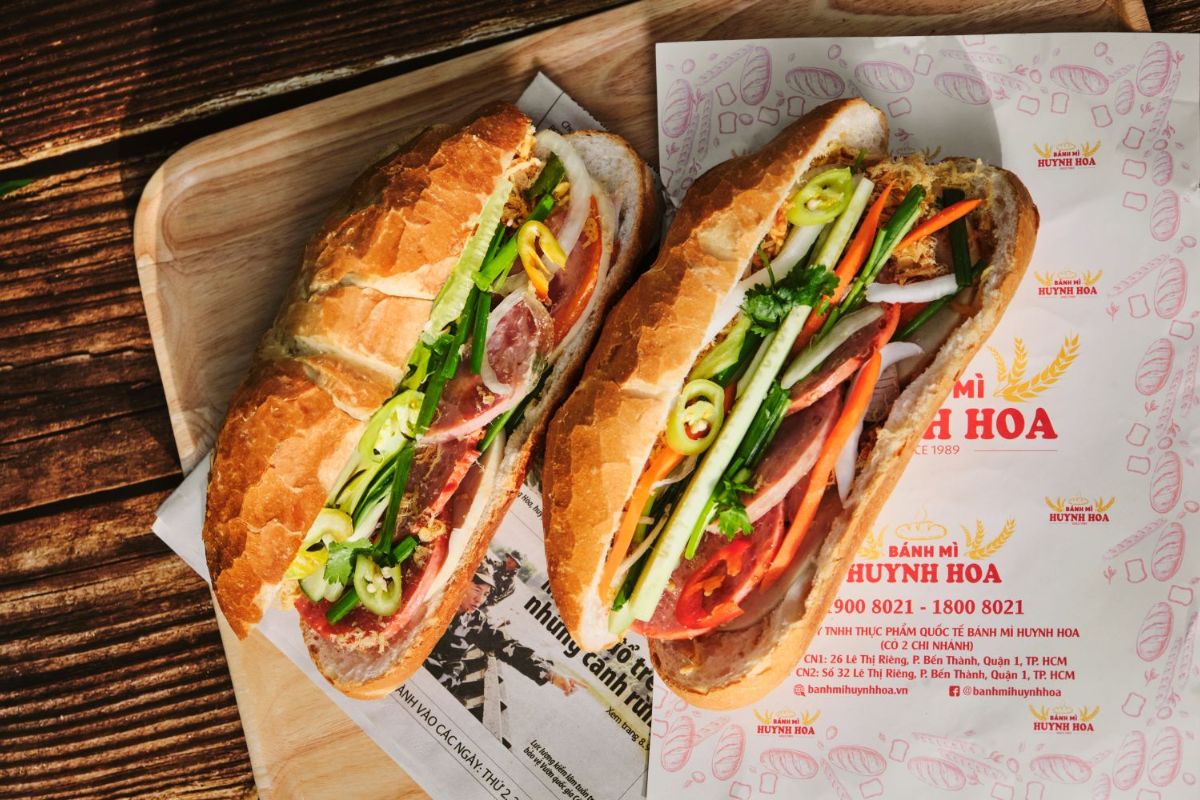
Banh Mi Huynh Hoa (Source: vietcetera)
6. Nightlife & Entertainment
Another significant difference between Ho Chi Minh and Hanoi is how each of them conducts itself at night
Hanoi
Pros:
- Perfect for visitors who prefer an evening of quietness.
- Romantic spots for a peaceful evening: live jazz in Minh’s Jazz Club, egg coffee on the lake, or taking an evening stroll in the Night Market.
Cons:
- Bars and restaurants generally close earlier than 11 PM.
- Limited choices beyond the Old Quarter at night
Example: End your day at Giang Café or Xofa Café (which stays open until midnight), where you can sip egg coffee and listen to soothing background music ideal for introspective travelers.
Ho Chi Minh City
Pros:
- A top-notch nightlife scene, ranging from bars and clubs to craft breweries
- These trendy areas, such as Bui Vien Walking Street, Rogue Saigon, and Chill Sky Bar, feature parties that run up to sunrise.
- Even if you get there late by the station bus Ho Chi Minh, you can still find plenty of shops open into the evening.
Cons:
- The nightlife is often hectic, loud, and crowded, not suitable for everybody.
- Some clubs and bars have high drink prices and dress codes.
Example: Head to Bui Vien Street, where you’ll find everything from backpacker bars (beer for 30,000 VND) to shisha lounges and dance floors. If you want skyline views, cocktails at Chill Sky Bar cost from 250,000 VND.
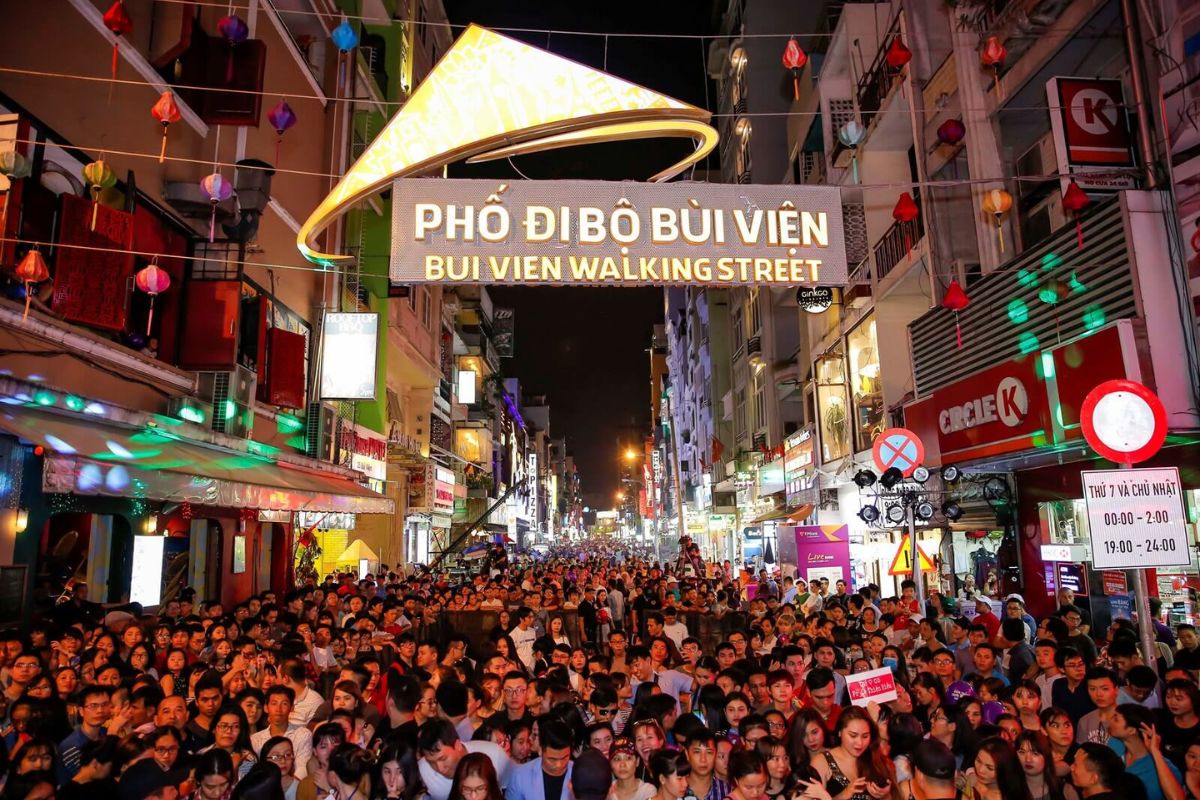
Bui Vien Walking Street (Source: hochiminhcitytours)
7. Accessibility & Transportation
For visitors and expats, another useful difference between Ho Chi Minh and Hanoi is in terms of ease of getting around and reaching close locations.
Hanoi
Pros:
- Conveniently linked to main northern destinations such as Halong Bay, Ninh Binh, and Sapa.
- Affordable intercity transport:
- Limousine bus to Halong: ~250,000 VND (2.5-3 hours)
- Sleeper bus/train to Sapa: ~300,000-450,000 VND (overnight)
- Bus to Ninh Binh: ~150,000 VND (2 hours)
- Local transport is cheap:
- Bus fare: 7,000-9,000 VND
- GrabBike for short rides: 15,000-30,000 VND
- Scooter rental: 120,000-150,000 VND/day
Cons:
- The roads within the Old Quarter are very narrow, and traffic is heavy.
- Limited subway system (currently under construction), and little to no English signs at bus stations.
Example: To get to Halong Bay, reserve a limousine minivan online. Hotel pick-up in Hanoi’s Old Quarter, drop-off at wharf, round-trip for ~500,000 VND.
Ho Chi Minh City
Pros:
- Travel hub in the southern region connecting to the Mekong Delta, Cu Chi Tunnel, and Vung Tau Beach
- Multiple transport options:
- Bus to Mekong Delta (My Tho or Ben Tre): ~150,000 VND (2-3 hours)
- Private tour to Cu Chi Tunnel: ~400,000-600,000 VND/person
- Station bus Ho Chi Minh (Bus 109 from Tan Son Nhat Airport): only 20,000 VND to the city center!
- More international flights and better airport connections.
Cons:
- Congestion of heavy traffic during rush hours (particularly in Districts 1, 3, and 10).
- Districts are further apart than Hanoi, and even short trips may take more time.
Example: Get off and jump on the station bus Ho Chi Minh (Bus 109), inexpensive, safe, air-conditioned, and runs till midnight. Alternatively, grab GrabCar for 180,000-250,000 VND to District 1
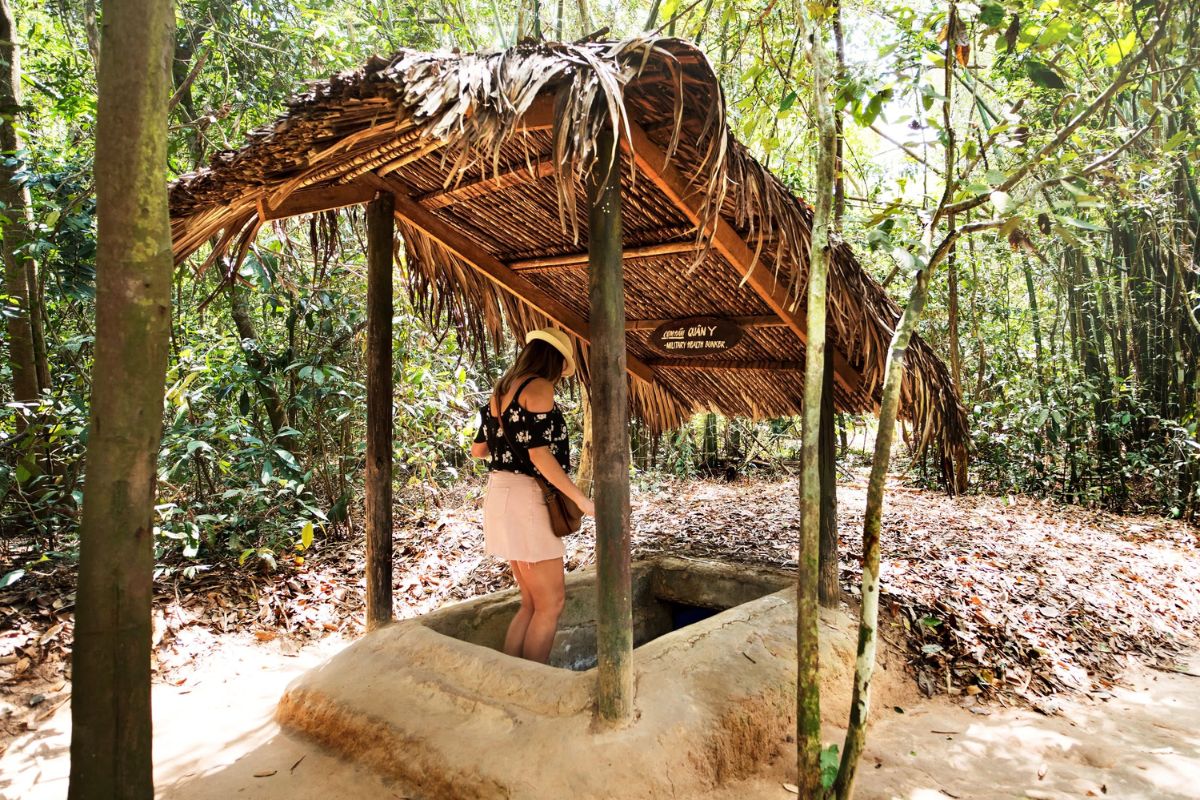
Cu Chi Tunnel (Source: klook)
8. Shopping & Markets
If you are an avid shopper, you can sense the contrast in shopping experiences of these two cities be it in terms of their conventional or modern shopping experiences.
Hanoi
Pros:
- Ideal for handmade items and real souvenirs
- Best spots:
- Dong Xuan Market: clothing, spices, household items.
- Hang Gai Street: silk scarves, embroidered items, art galleries
- Night market (Fri-Sun): garments, handicrafts, and snacks.
- Prices can be negotiated and are generally cheaper compared to HCMC.
Cons:
- Fewer high-end shopping malls or brand-name clothing stores
- The crowds and heat of old markets can be stifling.
Example: Purchase a silk scarf at Hang Gai Street for 150,000-200,000 VND or hand-painted postcards at the Night Market for 20,000 VND/set.
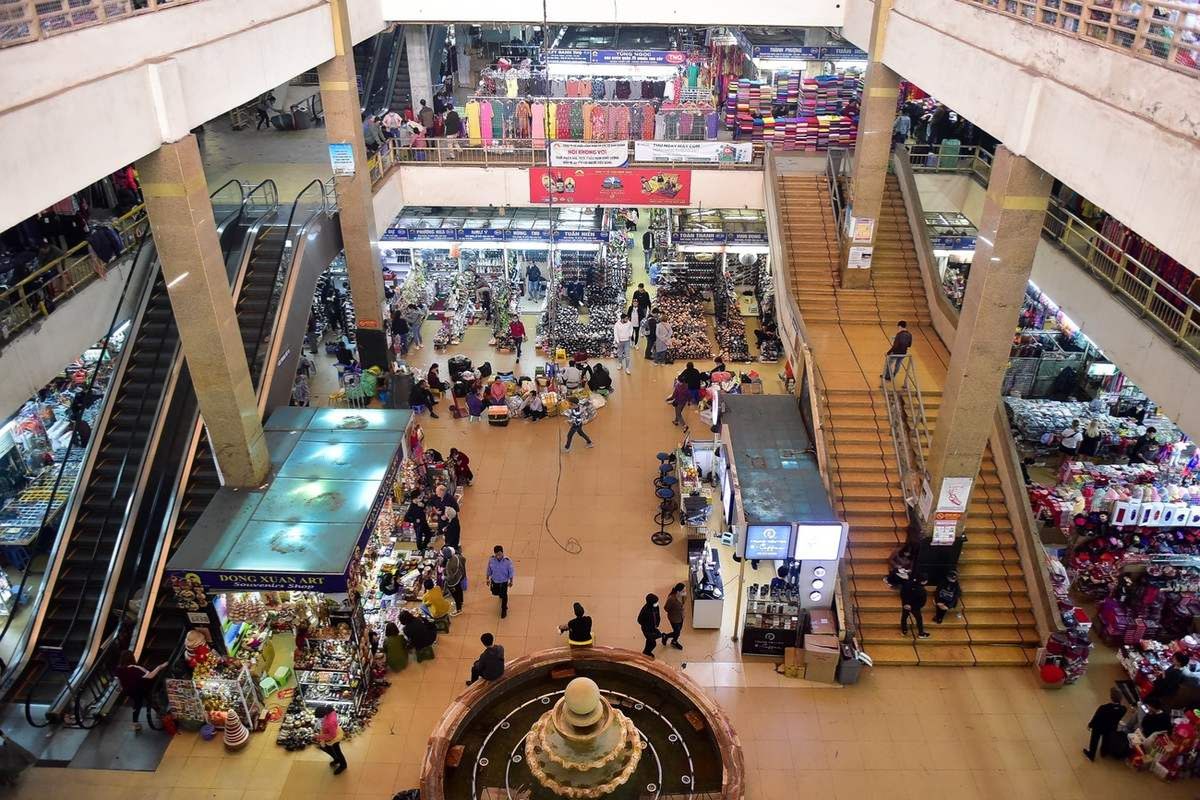
Dong Xuan Market (Source: mia)
Ho Chi Minh City
Pros:
- A variety of shopping experiences, from street markets to upscale malls.
- Best spots:
- Ben Thanh Market: souvenirs, coffee beans, dried fruits, ao dai.
- Takashimaya Vietnam / Saigon Centre: international brands.
- An Dong Market: wholesale prices on fabrics and shoes.
- Easily accessible by Grab or directly following a station bus Ho Chi Minh.
Cons:
- Prices to tourists in bazaars such as Ben Thanh are inflated unless you negotiate aggressively.
- Malls become generic and not as “Vietnamese."
Example: Get yourself a packet of Trung Nguyen coffee beans at Ben Thanh for ~120,000 VND, or shop at Vincom Center on District 1 like you were in any global capital.
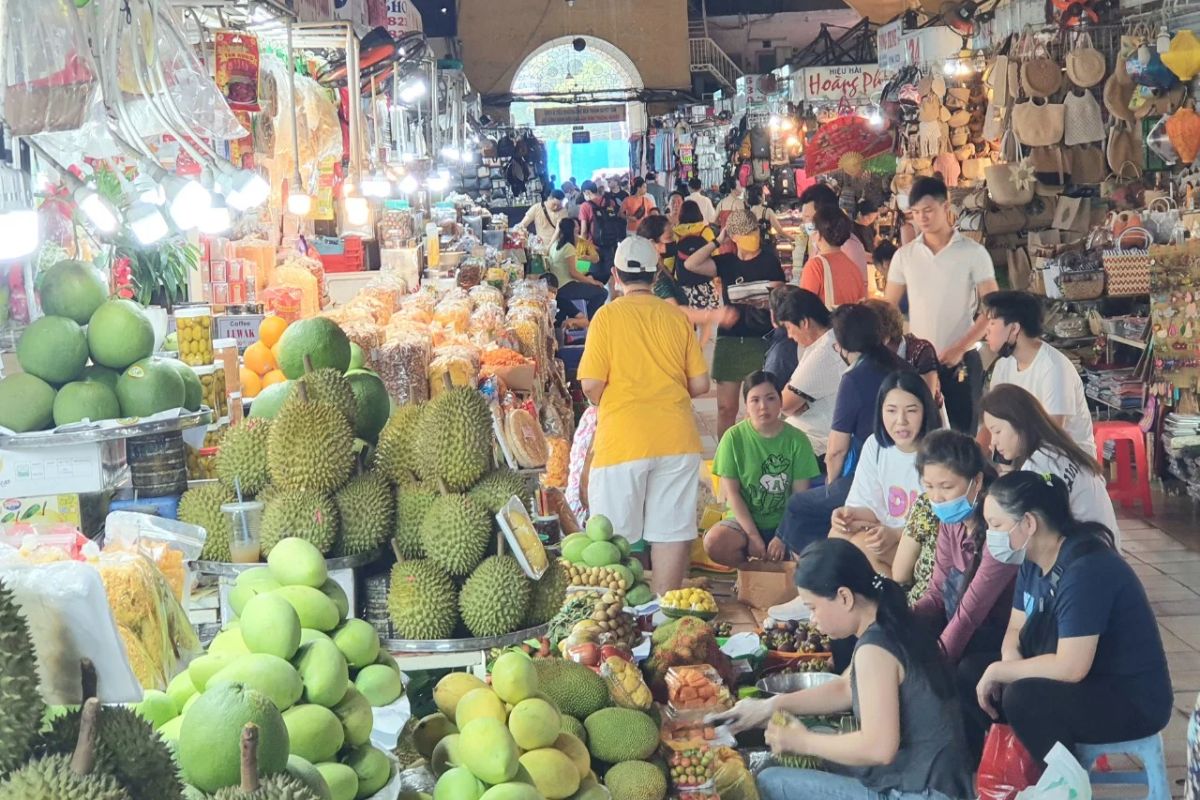
Ben Thanh Market (Source: thegioitiepthi)
9. Nearby Attractions & Day Trips
One of the most enjoyable differences between Ho Chi Minh and Hanoi is where to go on a 1-3 3-day getaway.
From Hanoi
Pros:
- Surrounded by UNESCO sites and nature, perfect for trekking, scenery, and tranquility.
- Ha Long Bay: overnight cruise (approx. 1,800,000 VND),
- Trang An / Ninh Binh: Boat tours of rice fields and limestone cliffs (approximately 150,000 VND).
- Sapa: Trek up terraced mountains, homestay with local ethnic groups (approximately 350,000
Cons:
- Other locations, such as Sapa, also involve more time-consuming travel (on bus or train, 8-9 hours).
Tip: Wondering how many days Hanoi is worth? Plan to spend 4-5 days discovering both the city and its breathtaking surroundings.
From Ho Chi Minh City
Pros:
- Ideal for brief, effective day trips or weekend escapes:
- Cu Chi Tunnel: half-day history tour (approx. 400,000 VND)
- Mekong Delta: sampan tours, floating markets (around 650,000 VND)
- Vung Tau: speedy beach getaway, 2 hours by ferry (around 300,000 VND).
- Packages for tours abound and run every day.
Cons:
- Less diversity of landscapes than in the north (mainly river and coastal plains).
Tip: With 3-4 days to spare in the south, pair up Ho Chi Minh City with one day in the Mekong Delta and one day in Vung Tau for the complete experience.

Mekong Delta (Source: evivatour)
Conclusion
No, whether you like it or not, whether you prefer it or you don’t, what sets Ho Chi Minh and Hanoi apart is experience. Like tradition, cool climates, and lake culture? Go north. Need nightlife, vibrancy, and the comforts of modernity? Take the station bus Ho Chi Minh down south. Still undecided about Hanoi or Saigon? Why not both? And still indecisive about how many days Hanoi is worth? Read on to our complete guide and plan that experience that’s your kind of unique.







